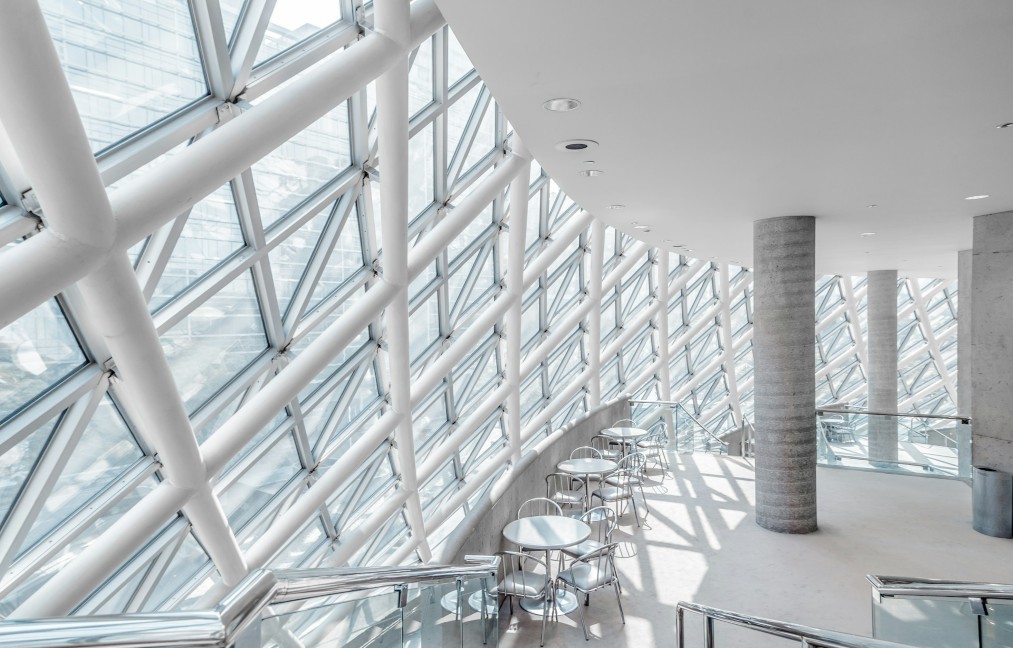Coffeehouses have a long and fascinating history that spans across cultures and continents. From their origins in the Islamic world to their proliferation in Europe and eventually around the globe, coffeehouses have played a significant role in social, political, and intellectual life.
The story of coffeehouses begins in the Middle East, particularly in the Arabian Peninsula, where coffee was first cultivated and brewed as a beverage. The discovery of unroasted coffee beans was said to have taken place in Ethiopia, where legend has it that a shepherd noticed his goats becoming particularly energetic after eating the beans from a certain plant. The beans were eventually roasted and brewed into a drink that would become wildly popular in the Arab world.
By the 16th century, coffeehouses had become a central part of social life in cities like Constantinople, Cairo, and Damascus. These establishments were not just places to drink coffee, but also hubs of intellectual and cultural exchange. Scholars, poets, and politicians would gather to discuss ideas, debate politics, and socialize in an atmosphere of intellectual curiosity and debate. The popularity of coffeehouses continued to spread, reaching Europe in the 17th century.
In Europe, coffeehouses quickly became popular social and cultural institutions. In cities like London, Paris, and Vienna, coffeehouses became centers of intellectual life, where writers, artists, and thinkers would gather to exchange ideas and engage in lively conversations. Coffeehouses were also seen as places of cultural and political dissent, where people could freely express their opinions and challenge established norms.
During the Age of Enlightenment in the 18th century, coffeehouses played a crucial role in the exchange of ideas and the development of new philosophical and scientific theories. Philosophers like Voltaire and Rousseau frequented coffeehouses in Paris, while scientists like Isaac Newton and Benjamin Franklin could be found in London’s coffeehouses discussing their latest discoveries.
Today, coffeehouses continue to be popular gathering places in countries around the world. From the traditional coffeehouses of Turkey and the Middle East to the trendy cafes of New York City and Tokyo, coffeehouses remain central to social life and cultural exchange.
The history of coffeehouses is a testament to the power of a simple unroasted coffee bean to bring people together and foster creativity, intellectual curiosity, and conversation. Whether you’re enjoying a cup of coffee in a bustling café or sipping a quiet moment of reflection in a cozy neighborhood spot, the legacy of coffeehouses lives on in the countless connections and ideas that have been sparked over a cup of coffee.















